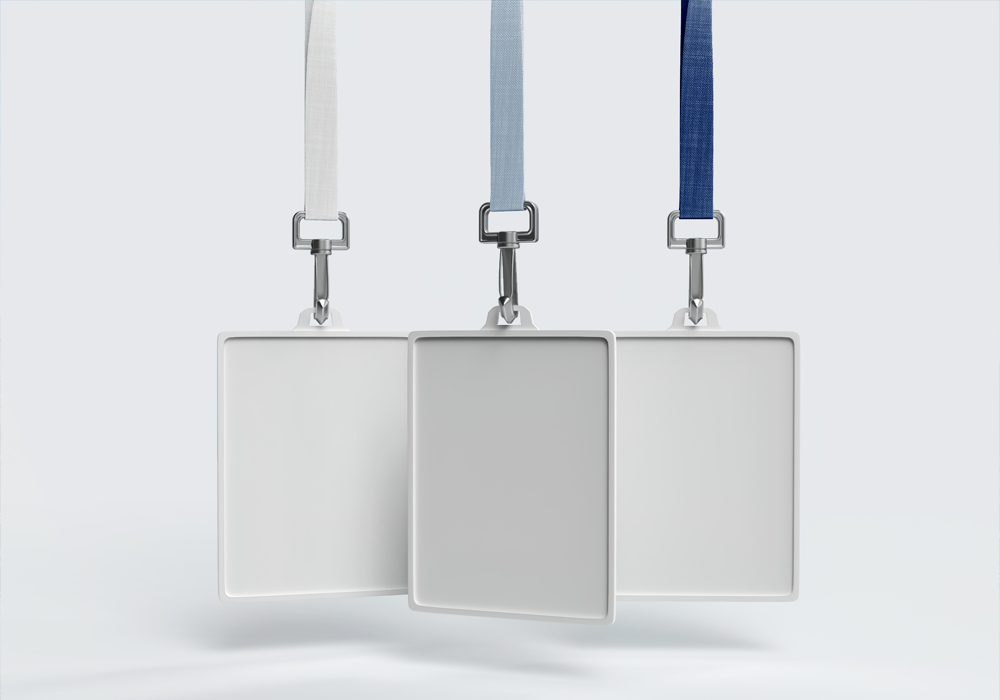
Like most trades, the contact centre industry has an arcane language all of its own. Terms like ‘shrinkage’, ‘containment’ and ‘adherence’ are regularly used by contact centre people, often as a bit of a badge of honour, to show that they’re in the know. (Though if you ask two or three contact centres for their definition of those phrases, then you’re likely to soon find yourself in the middle of a heated argument!)
That’s detailed, technical terminology, but what about the names we give ourselves and the work we do in our contact centres?
Who are you?
What do you call your front-line people? Perhaps 40 or 50 years ago being an agent sounded important or even glamorous. Like an FBI agent or a secret agent. But for lots of people nowadays, the term ‘Agent’ is synonymous with ‘Call Centre Agent’ and all the bad connotations that that description brings with it – boredom, micro-management and insecurity.
So, instead are they ‘Advisors’? Do they advise? If so, that implies a level of authority and resultant customer trust? Or perhaps they guide customers. Should you call your front-line people “Guides”? Our IT colleagues aren’t wide off the mark, because they run help desks and who wouldn’t want to be helped?
‘Associates’ is a professional-sounding term, albeit with a with a slight sense of vagueness that might make people sound unhelpfully semi-detached from the organisation. If you’re really ambitious, your people might be called ‘Ambassadors’, ‘Gurus’ or ‘Experts’. That sounds great, but you have to be sure that real world status and empowerment go with the lofty job titles, or the gesture will just feel disingenuous.
Here’s an idea: ask your front-line people what they would like to be called. Kick off the empowerment with some self-definition!
Where are you?
And where do these people work (physically, virtually or both)?
‘Call Centres‘ were re-branded as ‘Contact Centres‘ years ago (even if that memo still hasn’t reached everybody, particularly consumers). The name change was as much to do with trying to escape the negative, scripted telemarketing associations of 1990s call centres, as it was reflecting the move to a multichannel world in the noughties.
But things just keep getting more varied and confusing. We can debate all day whether customer experience does or doesn’t mean the same as customer service. Or we can argue about the extent to which customer service embraces all that is entailed in customer management. But more contemporary terminology is reflected in workplaces and business units – which might be why I frequently spend time with organisations in which no one seems to agree what the ‘contact centre’ is now called.
You might be running a ‘support centre‘ or a ‘service unit’, a ‘customer hub’, ‘customer home’ or ‘customer experience factory’. In a sense it doesn’t matter – unless you aspire to really make a difference. In order to do that, you need to engage your frontline people, both actively make things better for your customers but also, vitally, take those learning and insights into the wider business. Only then can the hard work on the front line translate into a genuinely improved customer experience, propositions, technology and processes.
If the name you give to a unit or department helps the people in it and your colleagues and stakeholders all understand what you’re trying to achieve and how, then that’s a great start.
So, what’s yours called? And why? Let us know at hello@contactcentrepanel.com



